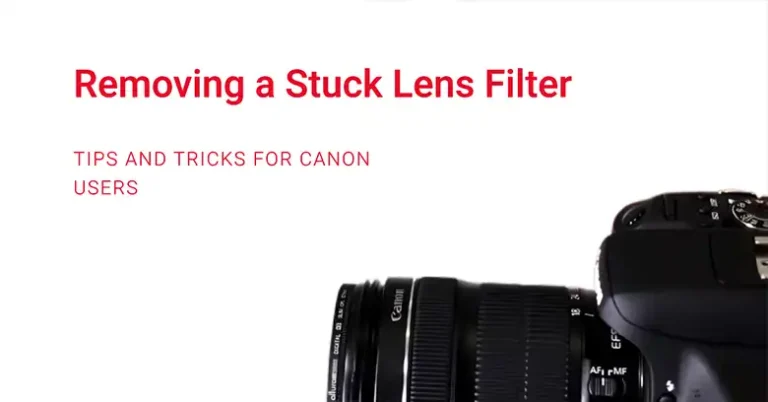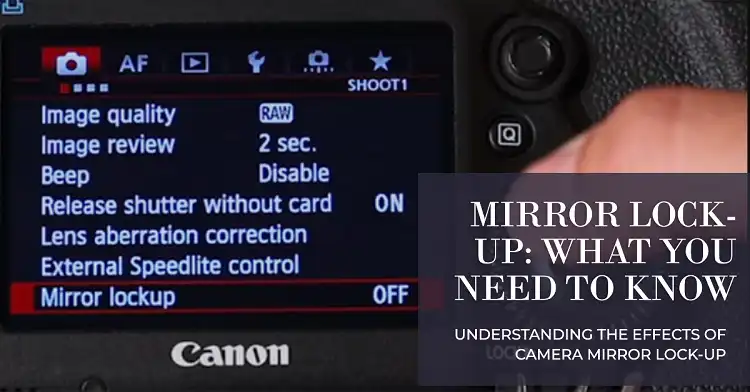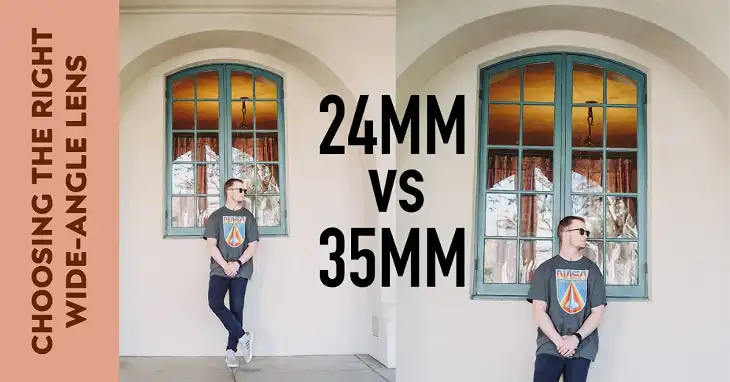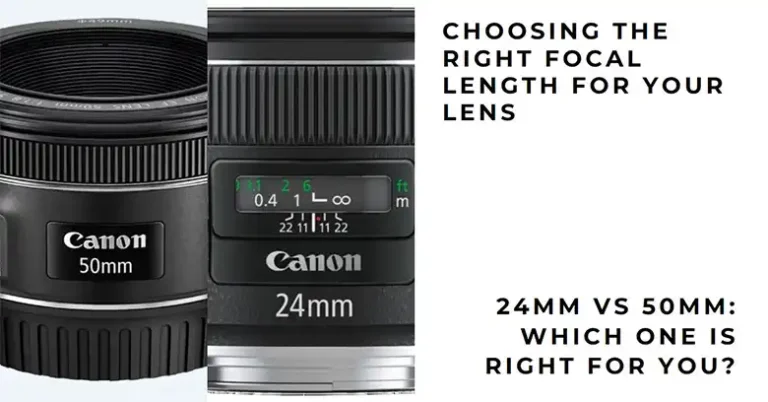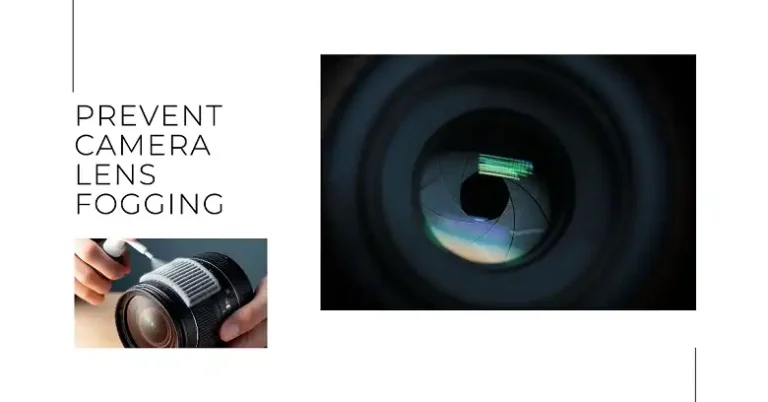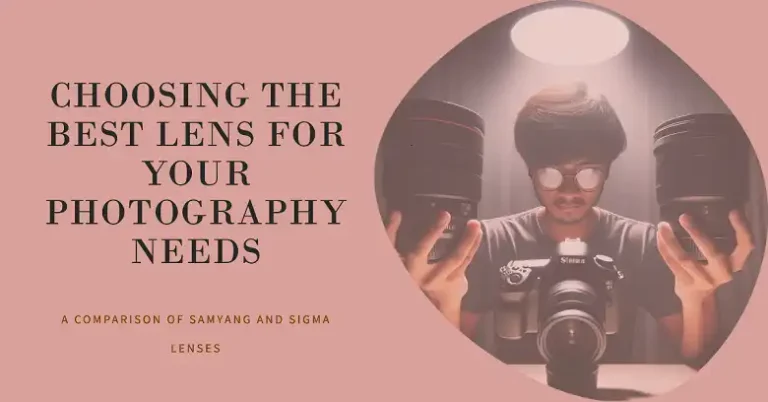Nikon D5100 Compatible Lenses
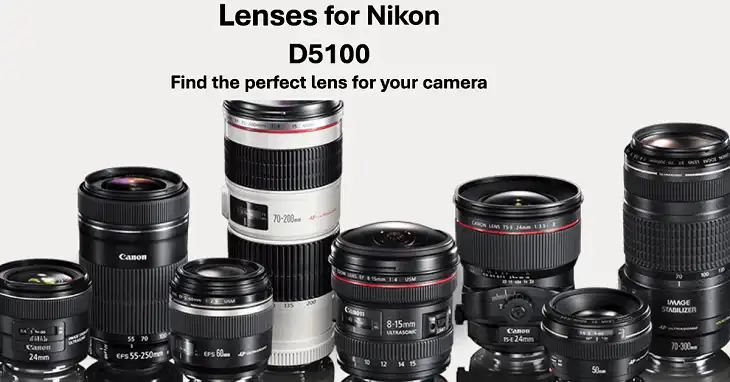
The Nikon D5100 is a popular entry-level DSLR designed for photography enthusiasts looking for a camera that balances affordability with performance. Released in 2011, it comes equipped with a 16.2-megapixel APS-C sensor, an articulating screen, and 1080p video recording capability, making it versatile for both photography and videography. This camera is particularly suitable for beginners and those transitioning from point-and-shoots to more advanced DSLR setups.
When it comes to getting the best out of the Nikon D5100, the choice of lenses is crucial. Selecting the right lenses not only ensures optimal autofocus and image quality but also enhances creative possibilities. This article will explore the best lenses compatible with the Nikon D5100 and help you make informed decisions.
Nikon D5100 Lens Compatibility Factors
Lens Mount
One of the first things to understand about the Nikon D5100 is its lens mount. The camera uses the Nikon F-mount system, a widely supported mount that gives users access to a broad range of lenses. However, the D5100 lacks an internal autofocus motor, meaning it relies on lenses with built-in motors (AF-S or AF-I lenses) for autofocus functionality. While older AF-D lenses will work, they will only focus manually.
APS-C Sensor
Another important factor is the APS-C sensor, which results in a 1.5x crop factor. This effectively multiplies the focal length of any attached lens. For instance, a 50mm lens will behave like a 75mm lens on a Nikon D5100. This can work to your advantage in certain situations, such as when shooting portraits or distant subjects, but may require you to adjust your thinking when choosing lenses.
Aperture
Understanding aperture is also key. Lenses with wide apertures (low f-stop numbers like f/1.8) let in more light, improving low-light performance and offering the potential for shallower depth of field, which is ideal for portraits. Lenses with variable apertures, such as kit lenses, tend to be less flexible in challenging lighting conditions.
Best Nikon D5100 Compatible Lenses
Now that you understand the basics of lens compatibility, let’s dive into some of the best options for Nikon D5100 users.
Kit Lenses
Many Nikon D5100 users will start with a kit lens, typically the Nikon 18-55mm f/3.5-5.6G VR. This versatile zoom lens covers wide-angle to short telephoto focal lengths, making it a great choice for everyday photography, from landscapes to portraits. Its built-in Vibration Reduction (VR) technology helps reduce camera shake, especially useful when shooting at longer focal lengths or in low light.

Another common kit lens option is the Nikon 55-200mm f/4-5.6G AF-S DX VR II, which extends your reach into the telephoto range. This lens is excellent for photographing distant subjects, such as wildlife or sports events. While it doesn’t have the fastest aperture, the VR system compensates by allowing you to shoot at slower shutter speeds without noticeable blur.
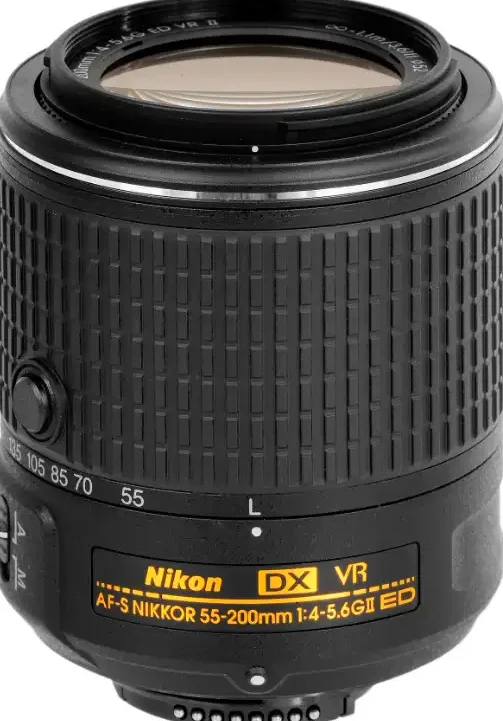
Prime Lenses
Prime lenses are known for their fixed focal lengths and typically offer better image quality and low-light performance compared to zoom lenses. One of the best primes for the Nikon D5100 is the Nikon 35mm f/1.8G DX, which provides a 52.5mm equivalent focal length due to the crop factor. This makes it ideal for street photography, portraits, and low-light conditions. With its fast f/1.8 aperture, you can achieve beautifully blurred backgrounds and sharp subjects.
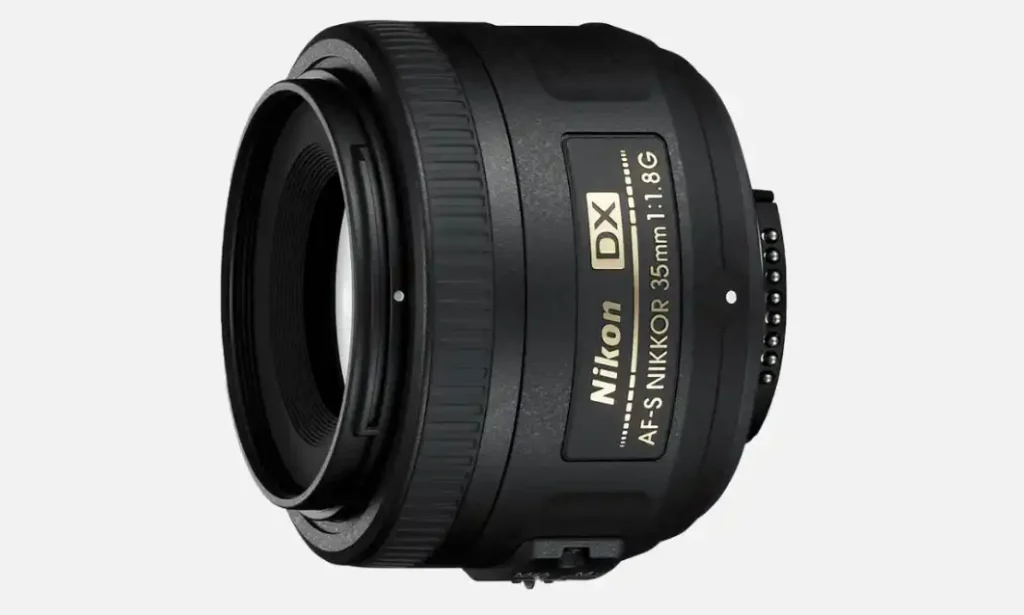
For portrait photographers, the Nikon 50mm f/1.8G is a go-to choice. On a Nikon D5100, this lens acts as a 75mm telephoto lens, perfect for creating flattering portraits with a shallow depth of field. The f/1.8 aperture performs admirably in dim lighting and creates smooth bokeh, isolating your subject from the background.

If you’re looking for a bit more reach, the Nikon 85mm f/1.8G is a top-tier portrait lens. Although it’s more expensive, this lens produces stunningly sharp images and is capable of dramatic subject separation from the background, making it perfect for professional-level portraiture.
Zoom Lenses
Zoom lenses offer greater flexibility by covering a range of focal lengths, making them ideal for travel, wildlife, and sports photography. A highly recommended all-purpose zoom is the Nikon 16-85mm f/3.5-5.6G ED VR. This lens offers a wide zoom range, starting from a fairly wide 16mm and extending to a useful 85mm, covering everything from landscapes to portraits. The VR system helps keep images sharp even when zoomed in, and the Extra-low Dispersion (ED) glass elements reduce chromatic aberration for clearer images.
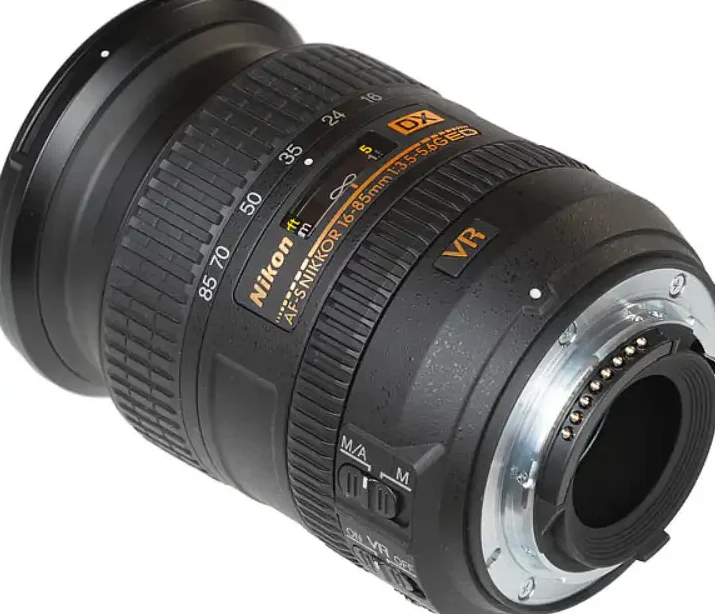
For those who prefer a longer zoom range, the Nikon 18-140mm f/3.5-5.6G ED VR is an excellent option. This lens provides more reach without sacrificing too much in terms of image quality or portability. The built-in VR system ensures that handheld shots remain steady, even at 140mm, making it suitable for shooting wildlife or distant subjects.

For serious wildlife or sports photography, consider the Nikon 70-300mm f/4.5-5.6G VR. Offering an impressive 300mm maximum focal length (equivalent to 450mm on a Nikon D5100), this lens allows you to capture distant action with ease. While the aperture isn’t particularly fast, the VR system compensates, ensuring sharp images even in lower light conditions.
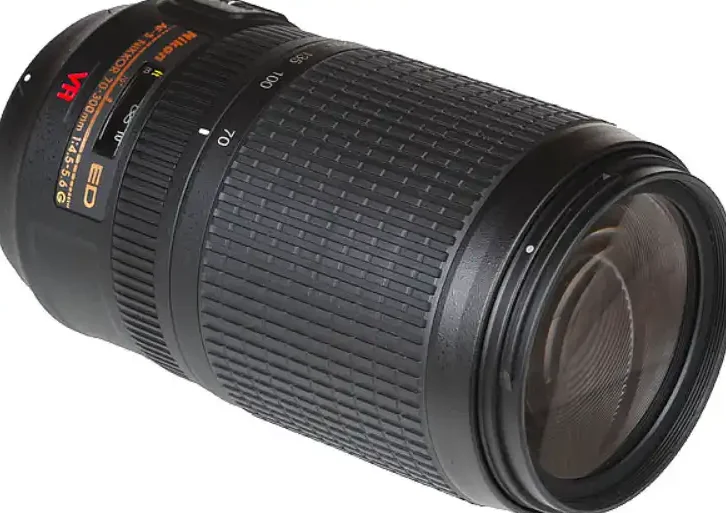
Special Lens Considerations for Nikon D5100
The Nikon D5100 offers plenty of creative opportunities, especially when using specialized lenses like macro and fisheye lenses.
Macro Lenses
Macro photography opens up a world of tiny details, whether you’re photographing insects, flowers, or other small subjects. The Nikon AF-S DX Micro Nikkor 40mm f/2.8G is an excellent choice for D5100 users. It offers true 1:1 magnification, allowing you to capture intricate details at close range. Its relatively wide f/2.8 aperture also makes it usable in low-light conditions, and the sharpness is impressive.

An alternative, more budget-friendly option for casual macro photography is the Nikon AF-S DX Nikkor 35mm f/1.8G. While not a dedicated macro lens, it can be used with close-up filters for a similar effect. However, keep in mind that the quality won’t match a true macro lens like the 40mm.
Fisheye Lenses
Fisheye lenses are great for creative, ultra-wide shots. The Nikon AF-S DX Nikkor 10.5mm f/2.8G ED is a solid fisheye option for the Nikon D5100. With a 180-degree field of view, this lens produces dramatic, distorted perspectives, making it ideal for creative photography and unique landscape shots. While the extreme wide angle can take some getting used to, the results are often worth it, especially for those looking to experiment.

Third-Party Lenses
Several third-party manufacturers, such as Sigma, Tamron, and Tokina, offer lenses compatible with the Nikon D5100. These lenses often come with similar features to Nikon lenses but at more affordable prices. For instance, the Sigma 17-50mm f/2.8 EX DC OS HSM is a popular option for those seeking a fast, constant aperture zoom lens. However, it’s essential to research thoroughly before purchasing third-party lenses to ensure compatibility and image quality.

Lens Accessories
No lens setup is complete without the right accessories. Filters, such as UV, polarizing, and neutral density (ND) filters, are essential for protecting your lenses and enhancing image quality. A UV filter, for instance, can protect the front element of your lens from scratches, while a polarizing filter helps reduce reflections and improve color saturation in landscapes.
A lens hood is another must-have accessory, as it reduces unwanted glare and flare, particularly when shooting outdoors. And don’t forget a lens cleaning kit. Regular maintenance will ensure your lenses perform optimally over time, especially in dusty or dirty environments.
Wrapping Up
Choosing the right lens for your Nikon D5100 can significantly impact your photography experience and results. Whether you’re looking for a versatile kit lens, a sharp prime lens, or a telephoto zoom for capturing distant subjects, there are plenty of options available to meet your needs. Remember to consider the type of photography you enjoy and your budget when making your decision.
The Nikon D5100, while an entry-level camera, can produce stunning images with the right lens and accessories. So don’t hesitate to explore and experiment with different lenses to unlock your creative potential.

